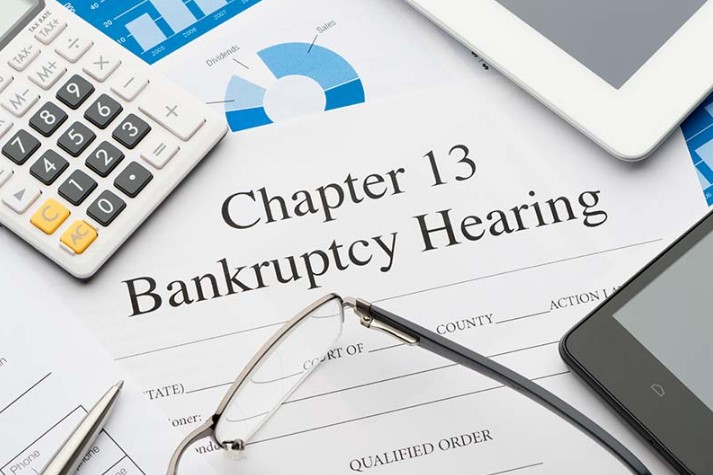Bankruptcy is a legal process that allows people who can’t afford to repay debts to get a fresh start. When you file for bankruptcy, collection efforts must stop, and eligible debts are discharged (Chapter 7) or included in a repayment plan (Chapter 13).
Before filing, gather your financial information, including a credit report, current bank statements, loan and credit card balances and pay stubs. This will help you decide if bankruptcy is right for you.
What Is Bankruptcy?
In the United States, bankruptcy is a legal process to stop creditors from trying to collect money you can’t pay. It also cancels your non-essential debts. But it’s important to know that bankruptcy has consequences, including a negative mark on your credit report for seven years.
During bankruptcy, you must give the official receiver (or trustee) your property and income. The official receiver may sell or liquidate your assets to pay your debts. You might be able to keep certain assets such as your home, life insurance policies and some compensation for injuries or financial losses.
Most debts are unsecured, such as credit card debt and medical bills. However, some debt is priority or secured, such as child support, alimony, most student loans and court restitution orders. You might be able to avoid bankruptcy by negotiating with creditors or seeking assistance from a nonprofit credit counseling agency. You might also try budgeting, which can help you reduce your spending and get back on track.
Chapter 7
A Chapter 7 bankruptcy erases most, but not all, of a person’s debt. A trustee is appointed to oversee the liquidation of assets that aren’t exempt (cars, work-related tools and basic household furnishings are typically exempt). Money from this sale goes toward paying creditors. Most unsecured debt is erased, such as medical bills, overdue utility payments, credit card debt and personal loans. However, alimony, child support and tax debts don’t get wiped out in Chapter 7.
People who file for bankruptcy must pass a means test, which determines whether their income is too high to qualify for this type of relief. Those who qualify will have their bankruptcy marked on their credit report for 10 years, though their credit score usually improves within the first couple of years after the filing. The positive mark stays on their report much longer, however, and can make it more difficult to obtain lines of credit and loans. Chapter 7 can be a good choice for individuals with a steady income and primarily consumer debt.
Chapter 13
Chapter 13 lets you keep your property in exchange for repaying part or all of your debt over a three- to five-year period. Your attorney will negotiate a repayment plan with your creditors and the bankruptcy court. The process is called a “reorganization.”
Creditors who are not paid in full through your bankruptcy may still be entitled to the value of your collateral if you choose to retain assets such as a home or auto. This is why it is important to consult with an experienced bankruptcy attorney.
Debtors who file under Chapter 13 are not subject to the asset tests that apply in Chapter 7. However, unsecured debts like credit card balances are discharged at the end of your case and secured lenders must receive at least the value of their collateral. Filing under this chapter also stops pending foreclosures and repossessions and prevents your creditors from garnishing your wages or making harassing phone calls.
Alternatives to Bankruptcy
There are other options to bankruptcy, which can be less expensive and do less damage to a person’s credit record. One option is to take out a debt consolidation loan, which combines multiple debts into a single monthly payment. This can be done by yourself through a 0{463a6b45e0422072cd1e04893d012f19a84e46f8a84bba1b492f61409576d86a} balance transfer credit card, or with the help of a nonprofit credit counselor.
Another option is to negotiate with creditors. A skilled attorney can often get your lender to reduce your monthly payments by eliminating interest or extending the term of the loan.
Filing for Personal Bankruptcy is a serious decision that should be considered only after exhausting all other formal alternatives to managing your debt. The consequences of bankruptcy can linger on your credit report for up to a decade. If you are struggling to repay your debts, talk to a nonprofit credit counselor and check your credit report to see where you stand. Financial counsellors are available free of charge and are located in every state and territory.
